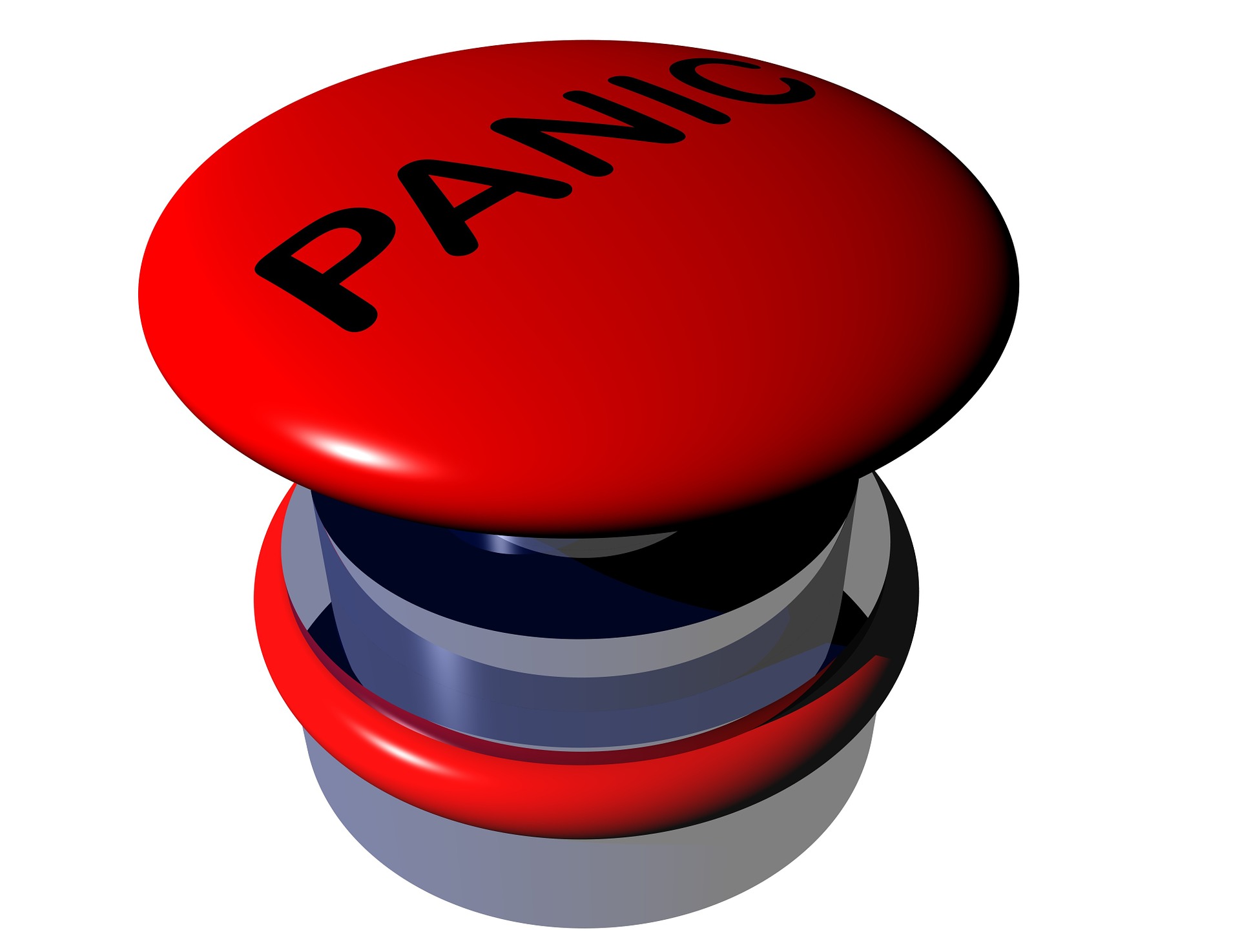
Self-Distrust: The Killer of Creativity
Tuesday, June 14th, 2016
By Charlotte Green
Ted Solotaroff, editor of the New American Review, once wrote that rejection is as much a part of a writer’s life as snow and cold are of an Eskimo’s. He’s right. If the British Library’s new online collection Discovering Literature shows us anything, it is that even the greatest writers are rejected. TS Elliot once rejected George Orwell’s Animal Farm, writing that it needed ‘more public-spirited pigs’.
To an inexperienced writer, a year or two of regular rejection letters can lead to what is known as self-distrust, that is a lack of self confidence; an inability to trust your writing and editing skills; a lack of faith in the writing process. Essentially, those writers who suffer from self-distrust will not allow themselves to write badly.
In any other profession it would be expected that the early stages of a task would be messy, so why do writers expect beautiful prose from the outset? Ernest Hemingway’s famous line The first draft is always shit is pinned to most writer’s corkboards, but why do so few believe it? It is because on finishing their first draft, the inexperienced writer moves immediately from creating to judging. They do not allow time to edit. Instead, they read and judge, inevitably feeling disheartened and eventually pressing delete, rejecting every word they have written. If they do value something of their work, enough to send it out to an agent, the inevitable rejection letter only leads to an added sense of self-distrust. For those writers, self distrust becomes so crippling that it leads to anxiety and depression. From there the writer becomes defensive and rather than being excited come a writing session, they are instead afraid of the blank, white computer screen, seeing in it a reflection of their own limitations. After a time they won’t switch their computer on at all.
Experienced writers learn to separate the rejection of their writing and the rejection of themselves. They don’t allow criticism of the work to turn into self-criticism or self-distrust. In fact they use it. The anger and disappointment they feel at each rejection letter becomes a source of energy, forcing them on to improve their writing. They use their sorrow and self pity to improve their sense of empathy, deepening their character portrayals. And that wounded innocence they now possess? They convert it into irony, adding an element of tragi-comedy to their prose.
It is no exaggeration that how a writer copes with rejection determines whether or not they will go on to have a successful writing career. Rejection can so easily be turned into self-hatred. The best defence, therefore, is self-objectivity, an interest in the outside world, and a faith in the process. Write on. Write through the all-consuming doubts. And use that rejection to power yourself forwards towards your ultimate goal: the writing of perfection.






